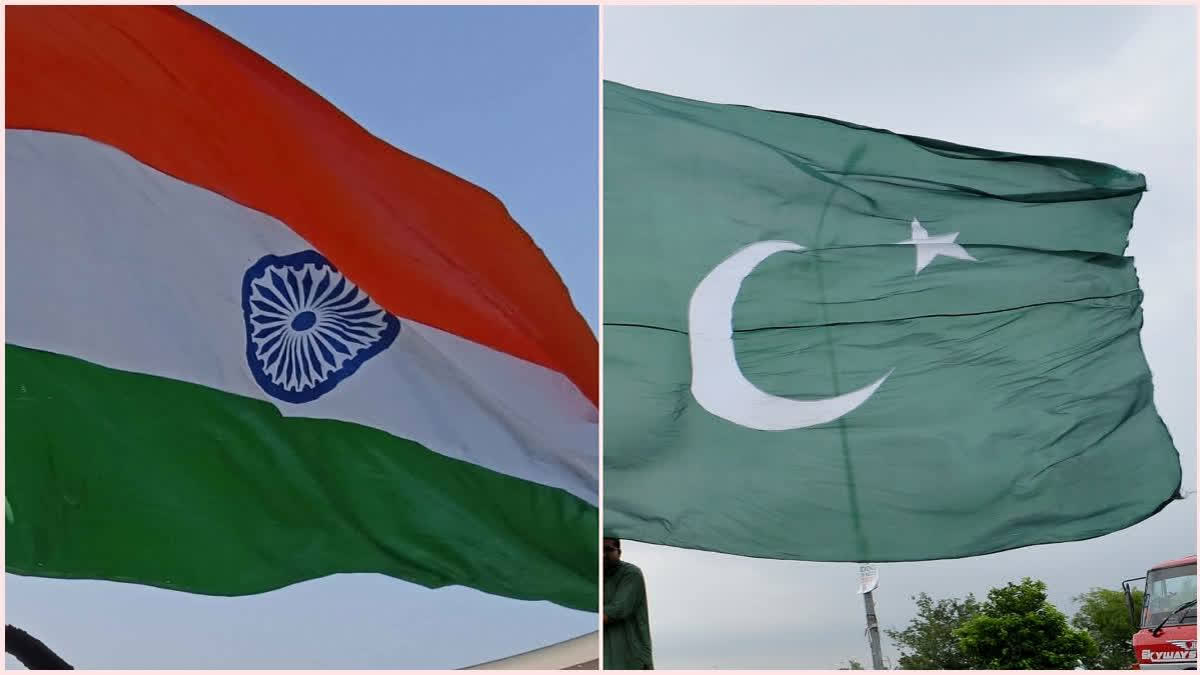New Delhi: In a major diplomatic development, Pakistan has extended an invitation to Prime Minister Narendra Modi to attend the Shanghai Cooperation Organisation (SCO) Council of Heads of Government (CHG) meeting, which is scheduled to take place in Islamabad on October 15-16. However, due to the strained diplomatic relations between the two countries, it is anticipated that PM Modi will opt to remain in India. There is speculation that he may choose to designate a minister to represent India at the meeting on his behalf. The Ministry of External Affairs has not officially confirmed the same.
It is noteworthy that, as the host country currently holding the rotating chairmanship, Pakistan's invitation is in line with the established SCO protocol. While Prime Minister Modi has consistently participated in SCO heads of state summits in the past, he was unable to attend this year's event in Kazakhstan due to a clash in the Indian Parliament.
The CHG meeting holds significance as a key decision-making body within the SCO, and India has previously been represented by ministerial appointments, such as External Affairs Minister S Jaishankar's participation in last year's meeting in Bishkek.
According to sources, given the recent tensions, including terror attacks in Jammu and the ongoing disputes over Kashmir, India's participation in the upcoming meeting appears uncertain. Despite efforts to promote collaboration within the SCO framework, the persistent issues between India and Pakistan challenge their bilateral relations.
India and Pakistan share a complex and often tense relationship, rooted in historical, political and territorial disputes. Key issues include the conflict over the Kashmir region, cross-border terrorism and military tensions. However, there are also instances of diplomacy, trade and people-to-people connections that occasionally bring the two nations closer together.
